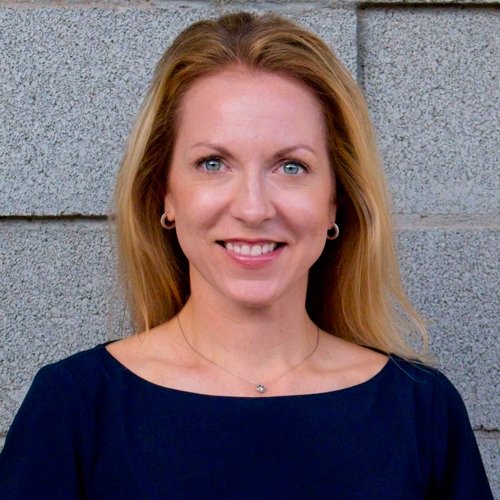As I mentioned earlier, yesterday I attended CIRCLE’s meeting on civic skills and federal policies. It was an intense, full day of discussion with amazing participants on how to increase civic skills in Americans, and CIRCLE also released this fact sheet with new findings on the distribution of civic skills. The ideas for new initiatives, policies, and collaborations were plentiful. I will mention a few of them here, although CIRCLE staff will release a full report on the conference soon.
We gathered in agreement that civic skills are crucial resources for individuals to be successful participants in their democracy. Civic skills are foundational for social and political trust and democratic norms and values. We also agreed that civic skill distribution is “uneven, at best,” and also declining. It was mentioned that the “distribution” problem is of greater concern than the “decline” problem.
Michael X. Delli Carpini helpfully defined different types of engagement as:
– Engagement in civil life, or with local organizations and communities, and as social capital-building
– Engagement in civic life, or problem-solving for public local and national issues, i.e. a neighborhood crime watch
– Engagement in political life, i.e. petitioning and selecting representatives or leaders
The ideal citizen is fluent in all three worlds.
We asked ourselves numerous questions throughout the day, such as: What policies do we need to enhance civic skills in school-age youth? Can policies to empower educators help? What can we do to bridge the gap in the quality of civic learning?
An overall theme of the day was to think of civic skill-building through the lens of a greater civic environment, not just civics as a course, and embedding civic learning in all types of courses, not just “civics.”
We also asked: Who can help build civic skills in a community? Corporations, through social responsibility movements; nonprofits, through building volunteer skills; schools; federal agencies outside the Dept of Education; and city governments or mayors could all play a role.
We talked about “3 C’s” of K-12 education as preparation for college, career, and citizenship. Often this last “C” – citizenship education – is deemed secondary to literacy, science, and math education.
We also discussed inter-agency collaborations among federal government agencies to incorporate standards and values that build civic capacities in civil servants to nurture civic engagement; and identifying and investing in community-based organizations that develop civic skills in non-college youth populations.
It was a day rich with ideas and hope.



 Thanks for visiting FirstEval. Please reach out if you'd like to talk about your data.
Thanks for visiting FirstEval. Please reach out if you'd like to talk about your data.